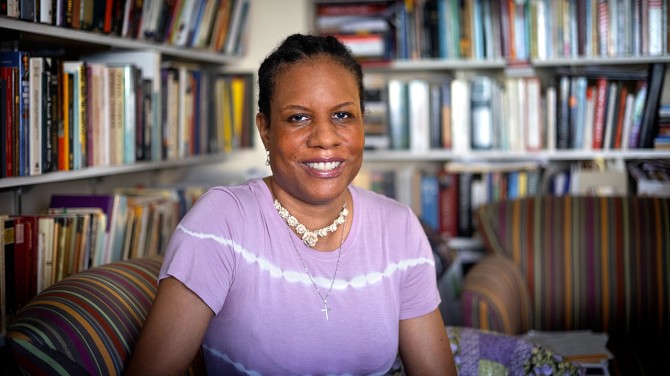Processed baby foods that are high in added sugar from concentrated fruit ingredients are being marketed as healthy, posing a health risk to infants a new study has found.
The study looked at 181 products for children 12 months and under and found added sugar, mostly from fruit concentrates, in one in five baby foods. The study found 13 products contained cane sugar along with other added sugars, including coconut syrup. The analysis also assessed nutrition content, ingredients and packaging statements.
Cancer Council dietitian Alison McAleese, who undertook the review said families have a right to know when so-called healthy baby foods are packed with added-sugar and should avoid these products.
“People may not realise that although these products claim to include fruit, this ingredient can be highly processed, resulting in a high-sugar content, a far cry from the whole fruit it’s derived from. Australia should join other countries in labelling these ingredients as what they are – added sugar.”
Worst offenders include Mamia Apple, Banana and Blueberry Smooth Puree marketed for 4- month-old infants, with 60% reconstituted apple paste, which is an added sugar
Only Organic Banana Biscotti contained nearly 25% added sugar from four different sources – cane sugar, banana puree, grape sugar, apple puree.
Only Organic Blueberry & purple carrot rice cakes are 15% added sugar with ingredients such as apple juice concentrate, red beet juice concentrate, blueberry puree and purple carrot concentrate. Similarly Heinz Organic Mini Rice Cakes: Apple are 14.8% added sugar most of which is apple juice concentrate.
Ms McAleese warns that being exposed early to sweet tasting foods can affect children’s taste preferences as they grow older. Regular consumption of added sugar increases a young child’s risk of tooth decay and unhealthy weight gain. Relying on these snacks also displaces more nutritious foods such as real fruit and vegetables from the diet meaning children may miss out on important food groups.
“Regularly eating these products isn’t going to give them the nutrition they need. These are formative years in terms of taste preferences, so giving children baby foods sweetened with processed fruit ingredients will likely intensify their desire for sweet foods later,” Ms McAleese said.
Executive Manager of the OPC Jane Martin said she is concerned by the ultra-processed food industry representing their products as healthy options for our youngest Australians.
“We know busy families are increasingly relying on the convenience of packaged foods and the food industry is taking full advantage of this,” Ms Martin said. “It’s unethical to make parents feel like they need to buy products that are promoted as beneficial for a child’s health, but in fact are sweetened with added sugars and contain few of the benefits of whole fruits and vegetables.”
Ms Martin wants to see Australian families given clear information about how much added sugar is in packaged foods, to allow them to make informed decisions about the products they buy.
“It’s a struggle for families to uncover what’s really in these products. We want to see added sugar clearly spelled out on the ingredients list. Added sugars can have over 40 different names which people might not be familiar with, such as dextrose and sucrose, or they can be highly processed fruit ingredients like pastes and concentrates, which are often marketed as healthy. All this makes it difficult to identify how much sugar has been added to a product,” she said.
“The amount of added sugar also needs to be separated from naturally occurring sugars in the nutrition information panel. This would enable people to clearly differentiate added sugar in products, including fruit pastes and concentrates.”
VicHealth CEO Dr Sandro Demaio said this new analysis highlights the need for more honest labelling of baby food.
“This study shows how the processed food industry continues to sneakily pack cheap ingredients like sugar into baby foods and then market them as nutritious, all in a bid to boost profits,” Dr Demaio said.
“This dangerous ploy is harming the health of babies and toddlers. We need clearer, more honest labelling on processed foods so families can quickly and easily spot when a product they’re buying for their children doesn’t live up to the healthy hype shown on the packaging.”
About the Obesity Policy Coalition
The Obesity Policy Coalition (OPC) is a partnership between Cancer Council Victoria, Diabetes Victoria, VicHealth and the Global Obesity Centre at Deakin University; a World Health Organization (WHO) Collaborating Centre for Obesity Prevention. The OPC advocates for evidence-based policy and regulatory change to address overweight, obesity and unhealthy diets in Australia, particularly among children.








